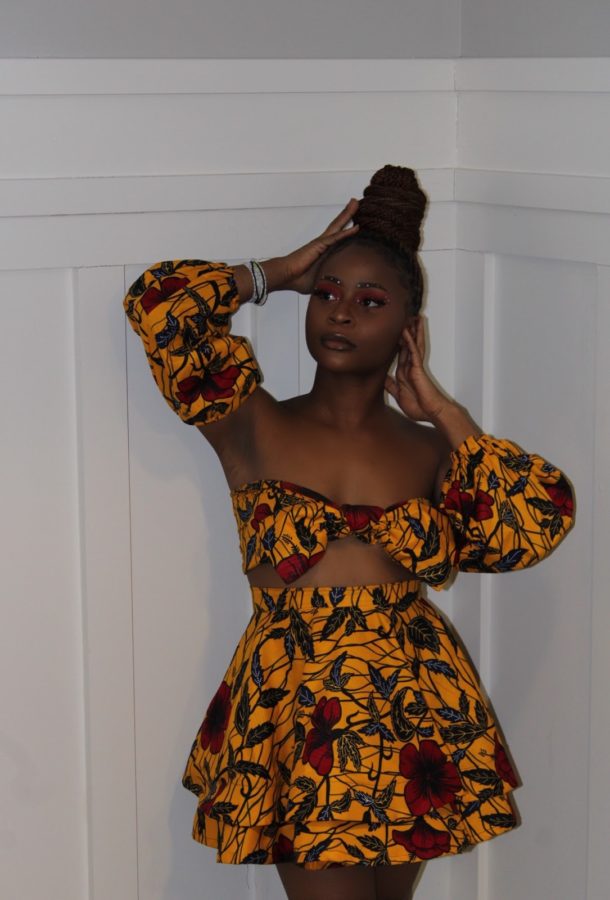Tiktok is the latest social media app that’s captured Americans’ time and attention with over one billion users worldwide. One feature that distinguishes TikTok from other social media apps is its algorithm.
TikTok’s unique algorithm grants users the ability to set new trends and create a whole new subculture online. However, it also serves as a contributor to censorship and the erasure of the legacy of people of color in America.
Upon downloading the app, each user is granted a ‘For You Page’ that allows them to tailor the content on the app to their taste based on their engagement. TikTok enables infinite scrolling, which gives the app an addictive quality and makes it easier for users to find the content they like.
The algorithm and moderators who enforce it play a huge role in who gets the most exposure on the app. In March 2020, Internal documents from TikTok leaked, instructing moderators to suppress content from creators with “abnormal body shapes, ugly facial looks and shabby or dilapidated shooting environments.” These rules favor young, white, wealthy and able-bodied creators on the platform and serve to silence creators with diverse backgrounds.
A famous example of the algorithm in action surrounds the Renegade dance trend of early 2020. Jalaiah Harmon posted a video on the app Funimate dancing to the song “Lottery (Renegade)” by rapper K-Camp. After reposting the video on Instagram, her dance gained popularity among the Black community on TikTok.
TikTok star Charli D’Amelio posted a simplified version of the dance which garnered over 4.1 million likes on the platform without crediting Harmon. The video shot D’Amelio to instant stardom for a dance she didn’t create. She currently has over 110.9 million followers while Harmon only has 2.9 million. Harmon finally received credit through a New York Times feature after black creators advocated for her on the app. After receiving coverage from NYT, Harmon went on a press tour and performed on The Ellen Show and at the NBA All-Star Game with D’Amelio.
Content theft has been perpetuated on TikTok and also happens with audio. Rapper Cookiee Kawaii’s song “Vibe (If I Back It Up),” blew up on the platform in early 2020. Users removed the credits from the sound, making it harder to trace the sound back to its origins. “Vibe” was all over the app without any attribution to the original creator, leaving the rapper to fight for the credit of her song in this TikTok.
These and other recent TikTok trends have a lot in common with each other; they’ve both originated from Black creatives who were embracing their craft on other social media platforms. But once their content got to TikTok, it became white-washed and untraceable back to its cultured origins.
The resurgence of the Black Lives Matter movement marked the beginning of when many Black creators were having even more issues with censorship on TikTok. Users saw that many of their social commentary videos were getting shadowbanned, while White creators were free to create content on the subject of BLM that often had racist undertones.
Around the same time, popular White TikTok influencer Brittany Tomlinson faced heavy criticism when talking about African American Vernacular English (AAVE).
“When someone says ‘period,’ ‘sis,’ ‘snatch,’ all that, it’s very much like internet culture. Like stan Twitter. Stan culture has its own language,” she said on a now deleted TikTok.
Although Tomilinson issued an apology, she was incorrect in making this statement. Diversity creates trends, and we’ve seen this among the examples above – how they’ve contributed to the rise of TikTok and how AAVE becomes mainstream slang. Without diverse creators on Tiktok, creators like Charli D’Amelio and others wouldn’t have inspiration for the next trend or dance on the app.
TikTok is a place where people of all races and cultural backgrounds can come to let their creativity flourish; just don’t be surprised when your ideas get stolen, deleted or culturally appropriated.



